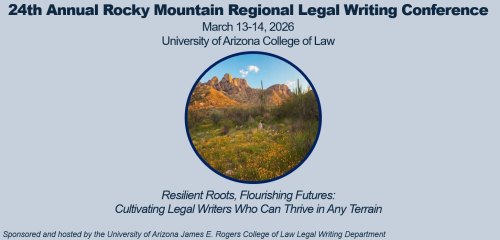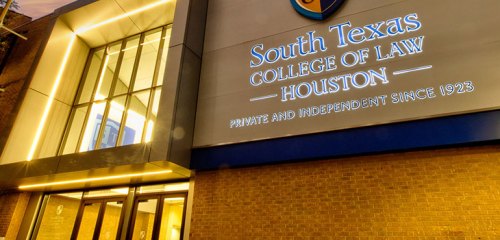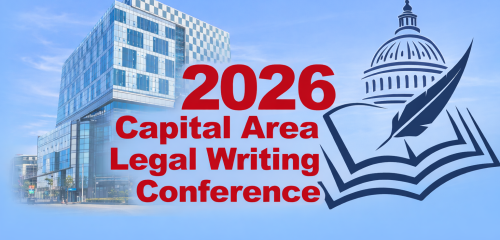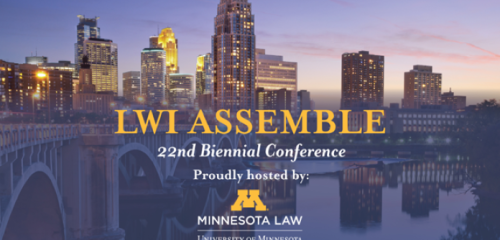Sign In
The Teaching Bank is an online resource center. It includes writing problems and exercises, syllabi, grading rubrics, teaching ideas, and other materials. Access to the Teaching Bank is professional teachers of legal writing.
Teaching Bank Sign In:
Become a Member
LWI has nearly 3,000 members. Members represent all ABA-accredited law schools in the United States as well as law schools in other countries. LWI members also come from undergraduate schools and universities, the practicing bar and the judiciary, and independent research-and-consulting organizations. Anyone who is interested in legal writing or the teaching of legal writing may join LWI.
Learn MoreBecome an LWI Member:
Become a MemberApply for our Teaching Bank Membership:
Teaching Bank MembershipOne-Day Workshops
LWI One-Day Workshops for Fall 2025
REGISTER HERE
Judicial Clerkships: Helping Us Help Our Students
LWI Clerkship Committee / Wake Forest and Notre Dame co-sponsors
Friday, December 5 (Winston-Salem, NC EST)
We will focus on strategies for helping students (1) obtain judicial clerkships, and (2) perform effectively as judicial clerks. We welcome proposals for presentations on teaching a judicial writing course, helping students navigate the application process, writing effective recommendation letters, preparing students for the ethical and professional obligations of clerking, and any other topics that relate to preparing students for judicial clerkships. We also plan to host a discussion of how LWI’s Clerkship Committee can best assist our members with all things clerkship-related.
Schedule: LWI Clerkship Committee One-Day Workshop Schedule.pdf
How Can We Engage Students and Promote Respectful Dialogue Across Differences in the Pursuit of Social Justice?
Northeastern University School of Law
Friday, December 5 (Boston, MA EST)
Join us for a collaborative workshop exploring how legal writing faculty can effectively engage students in meaningful dialogue about social justice issues while maintaining classroom environments that respect diverse perspectives and promote deep learning. Topics could include classroom culture and pedagogy, curriculum design, professional skills development, assessment and feedback, and best practices. For example:
- Classroom Culture & Pedagogy: How to establish learning environments that encourage respectful exploration of difficult topics while teaching students to engage constructively with opposing viewpoints.
- Curriculum Design & Assignment Development: Creating assignments that develop critical thinking skills through multi-perspective analysis, audience awareness, and real-world application of social justice concepts.
- Professional Skills Development: Teaching students to write persuasively across ideological differences and maintain professional relationships while advocating for their values in legal practice.
- Assessment & Feedback Approaches: Developing fair evaluation methods and effective feedback strategies for assignments addressing politically sensitive topics without imposing faculty political views.
- Case Studies & Best Practices: Sharing successful classroom exercises, assignment examples, and strategies for navigating challenging discussions while advancing both writing skills and social justice engagement.
Schedule: NUSL LWI One-Day Workshop Schedule.pdf
What About Me?
Case Western Reserve University School of Law
Saturday, December 6 (Cleveland, OH EST)
The practice of law is stressful, and so too is law school—for students and faculty alike. Attempts to engage in healthy habits, however, are not often prioritized, and they are usually short-lived. Attending to one’s well-being can lead to enhanced academic performance, decision-making, and creativity. So why do we fail to prioritize well-being and self-care? In this workshop, we will explore methods that promote well-being and self-care among ourselves and our students. In what ways can we build and sustain happiness, energy, and enthusiasm? How can we emphasize this for our students? Do we expect students to do as we say, or to do as we do?
Schedule: Case Western LWI One-Day Workshop Schedule.pdf
Legal Writing in the Age of NextGen: Opportunities and Challenges
Drake University Law School
Friday, December 12 (Des Moines, IA CST)
NextGen’s emphasis on practical skills and integrated tasks is a welcome shift that aligns well with legal writing pedagogy. But beyond this initial alignment, NextGen raises questions for legal writing courses: How might NextGen shape curricular design and assessment methods? How might it impact institutional expectations for legal writing courses and faculty? What opportunities does NextGen provide for legal writing faculty to showcase and/or add value in their institutions? What opportunities does it create for innovation—and what risks might it pose for narrowing our pedagogical focus? We welcome proposals on any topic that explores the nexus between NextGen and legal writing, from classroom practices to institutional positioning.
Schedule: Drake Law School LWI One-Day Workshop Schedule.pdf
Purposeful Scholarship: Fostering Scholarly Voice and Visibility in Legal Writing
Mitchell Hamline School of Law
Friday, December 12 (St. Paul, MN CST)
This One-Day Workshop focuses on how we can continue to build the discipline of legal writing, produce impactful research, and promote greater scholarly engagement. Presentations may include how to develop a scholarly agenda and teaching philosophy, and workshops for those who are working on scholarship. More specifically, potential presentations could address the processes for forming a scholarly identity, maintaining a scholarly identity, and nurturing a later-in-career scholarly identity. Another possible topic is manageable tips for scholarly engagement besides relegating it to the summer break. We welcome proposals on any topics that relate to discipline-building.
Schedule: Mitchell Hamline LWI One-Day Workshop Schedule_0.pdf
Balancing the Scales: Equity & Wellbeing in Legal Writing
Delaware Law School, Widener University
Saturday, December 13 (Wilmington, DE–EST)
The field of legal writing has long been at the forefront of innovation in legal education, often leading conversations around pedagogy, assessment, technology, and professional identity. At the same time, legal writing scholars and teachers frequently face unique challenges—both in balancing the demands of our profession with personal well-being, and in navigating inequities in pay, status, and institutional recognition. This workshop seeks to bring together legal writing professionals to explore how we can better support one another, ourselves, and the future of our discipline. We invite proposals that engage with the broad theme of balance and equity for faculty, both individually and collectively. Possible areas of focus include, but are not limited to:
- Building and sustaining community and mentorship within the discipline.
- Promoting well-being and work/life balance for faculty.
- Addressing structural inequities in pay, status, and advancement.
- Supporting one another in finding balance and equity in our roles in adapting to emerging developments in legal education, such as the NextGen Bar Exam and AI tools.
- Creating practices and policies that foster equity, inclusion, and resilience.
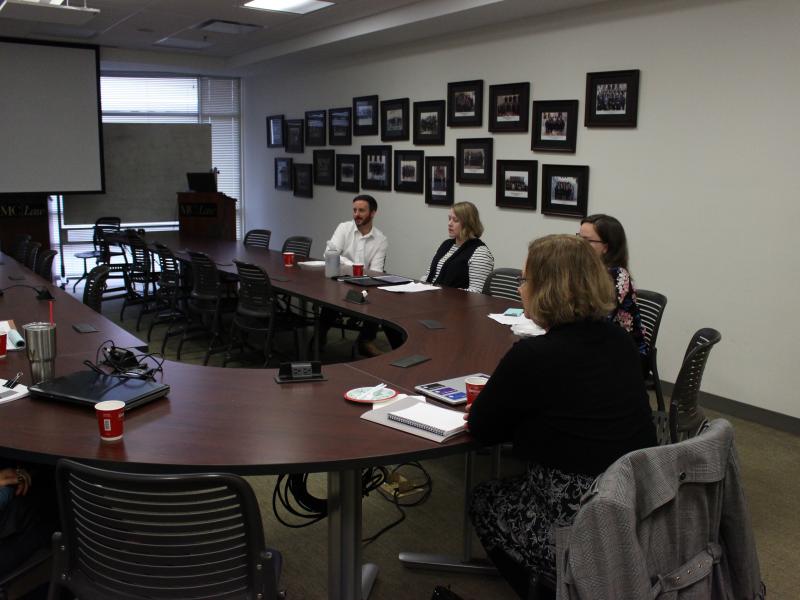
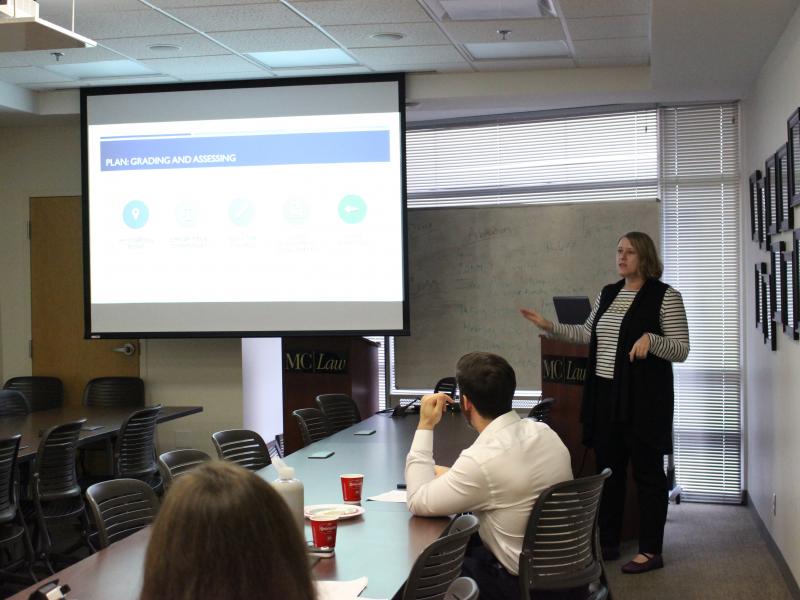
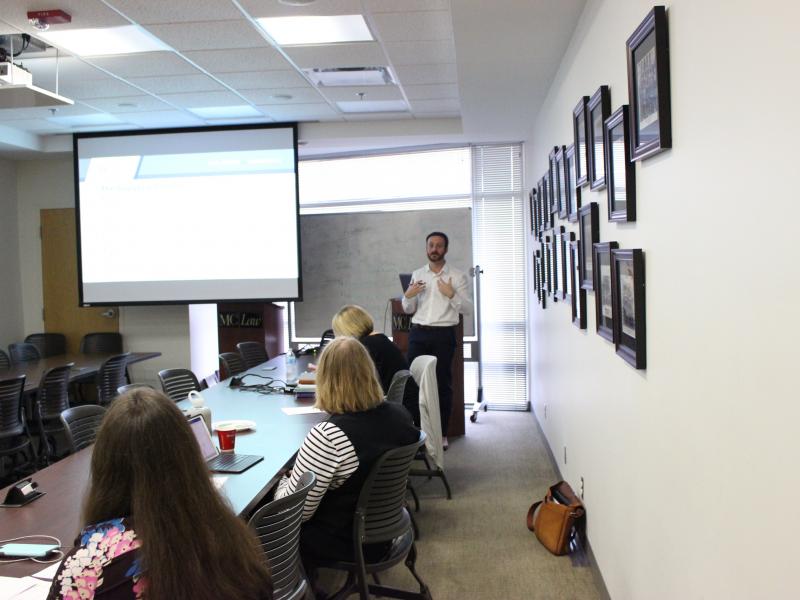
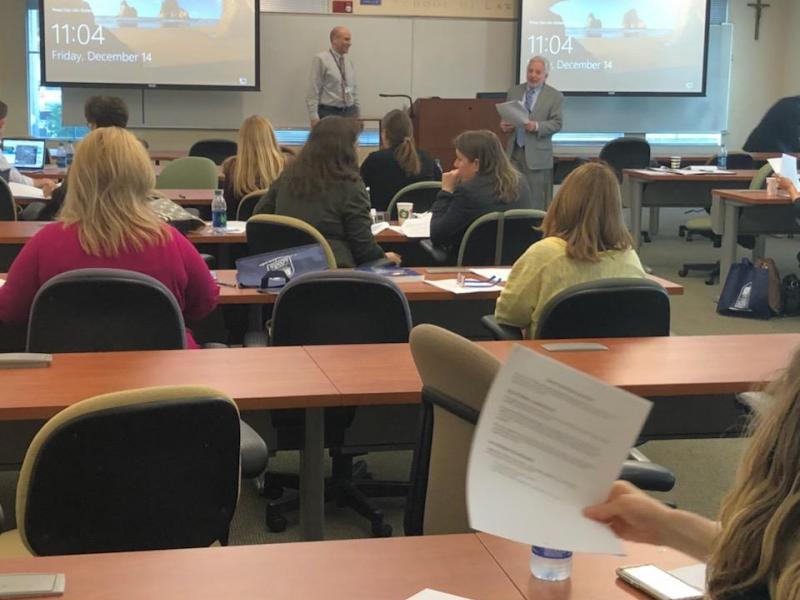
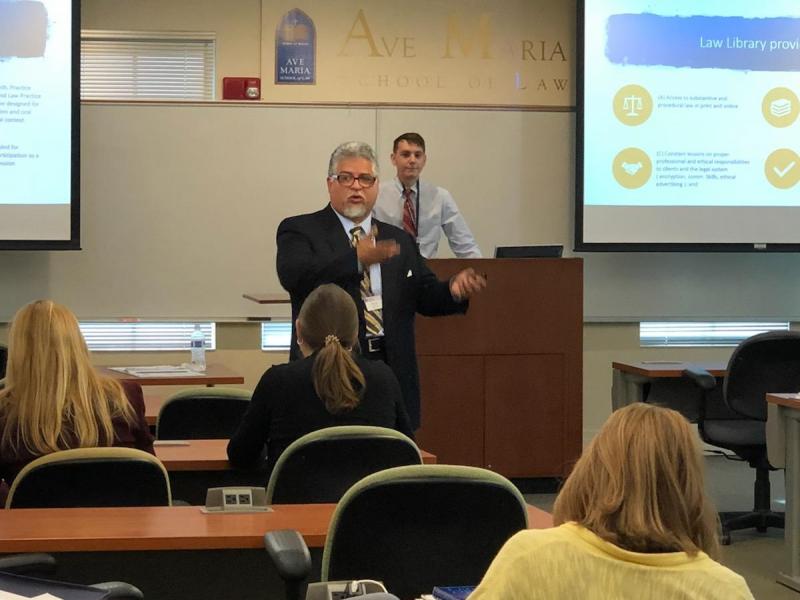
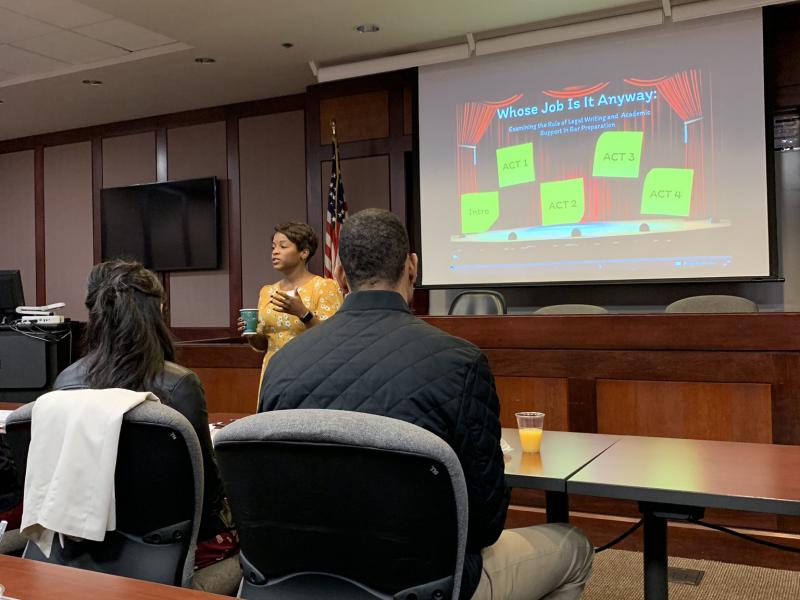
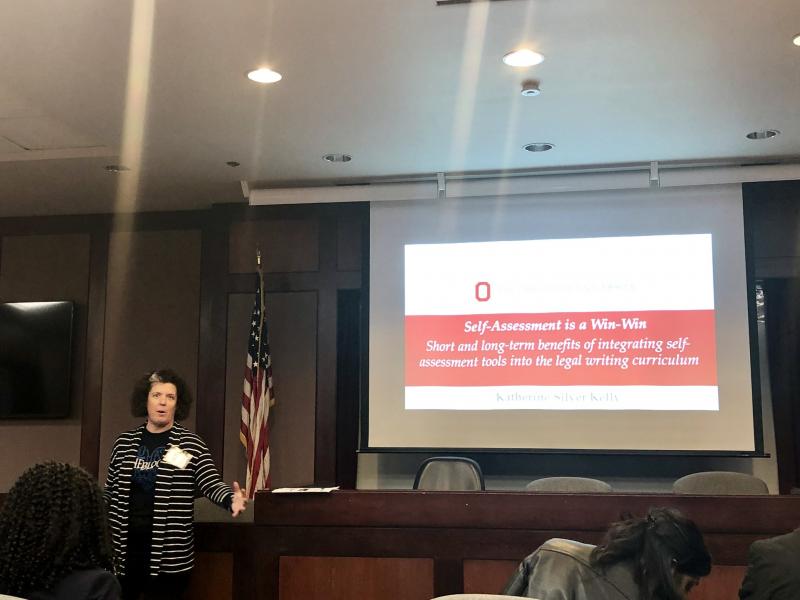
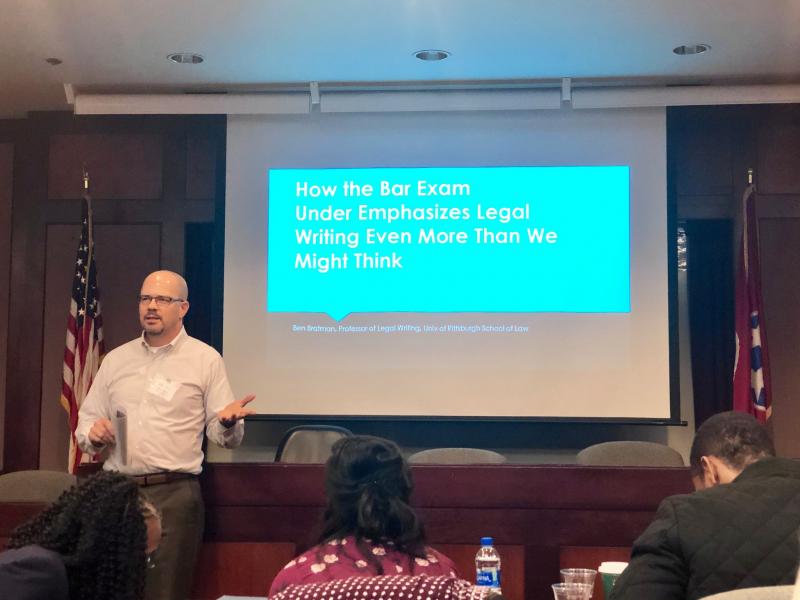
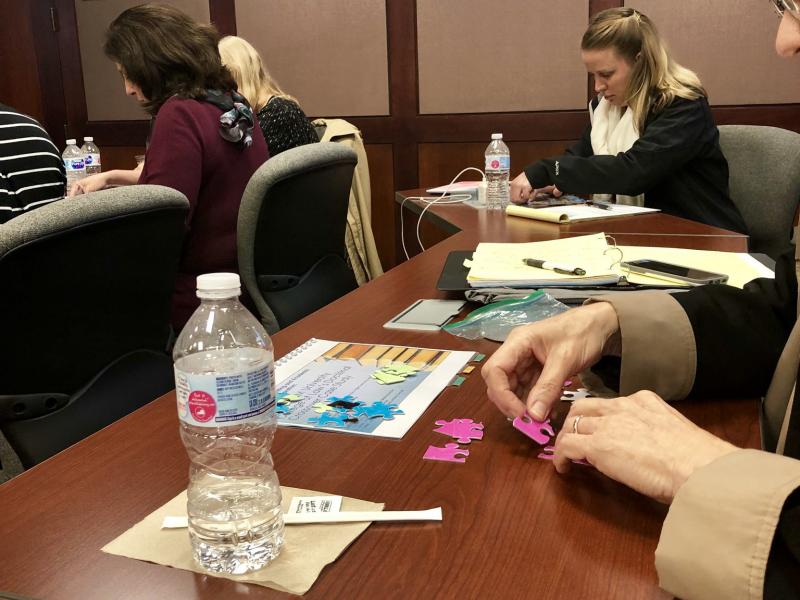
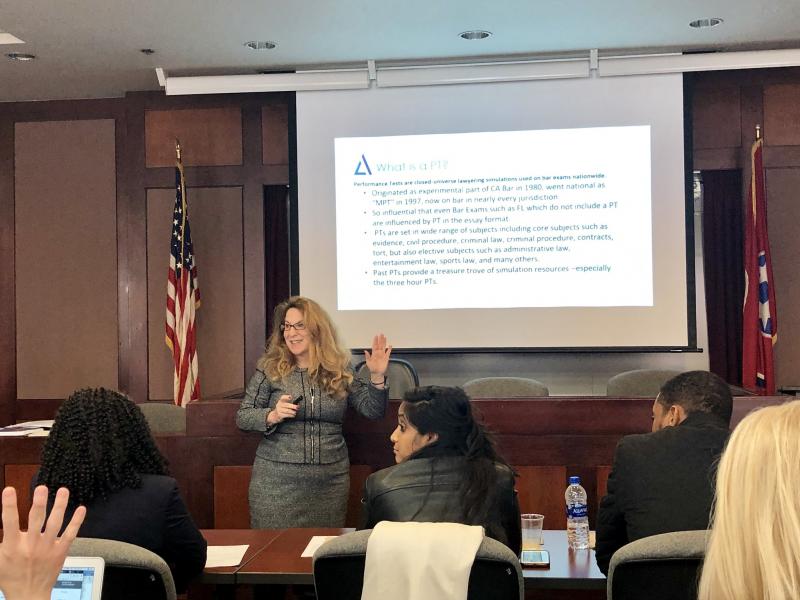
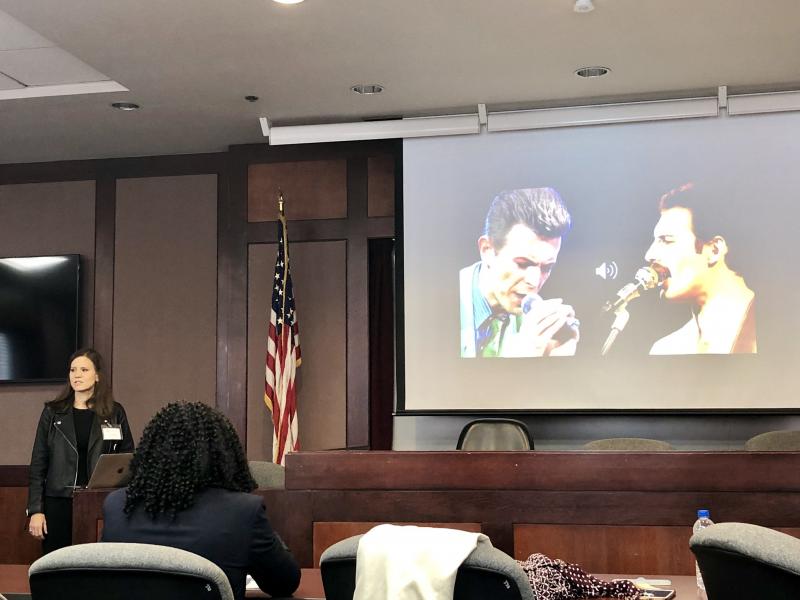
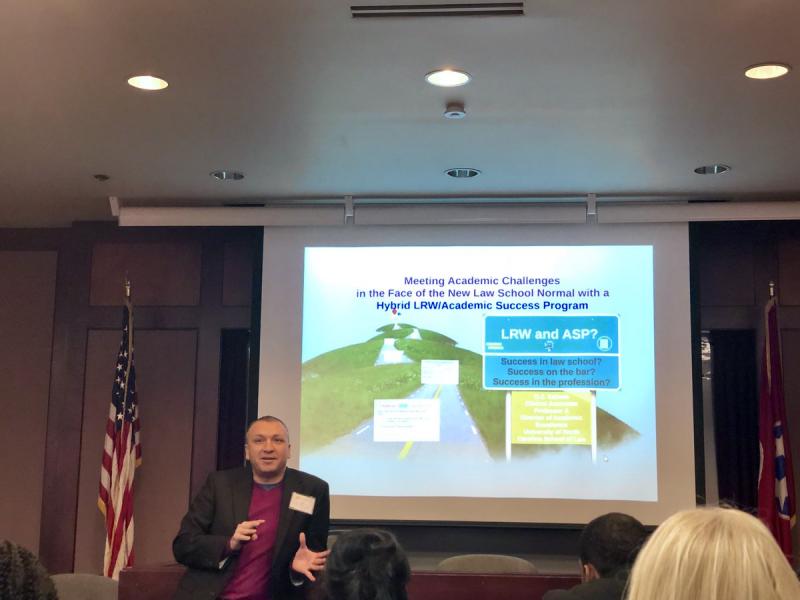
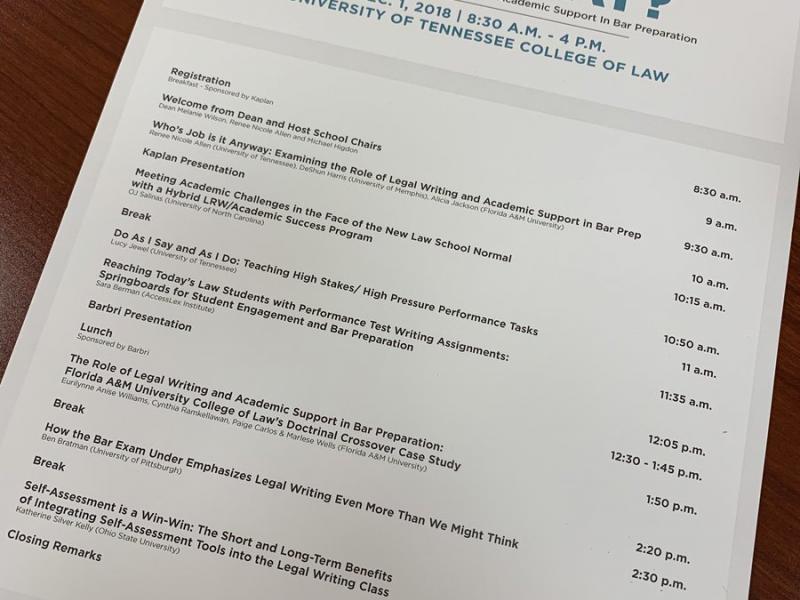
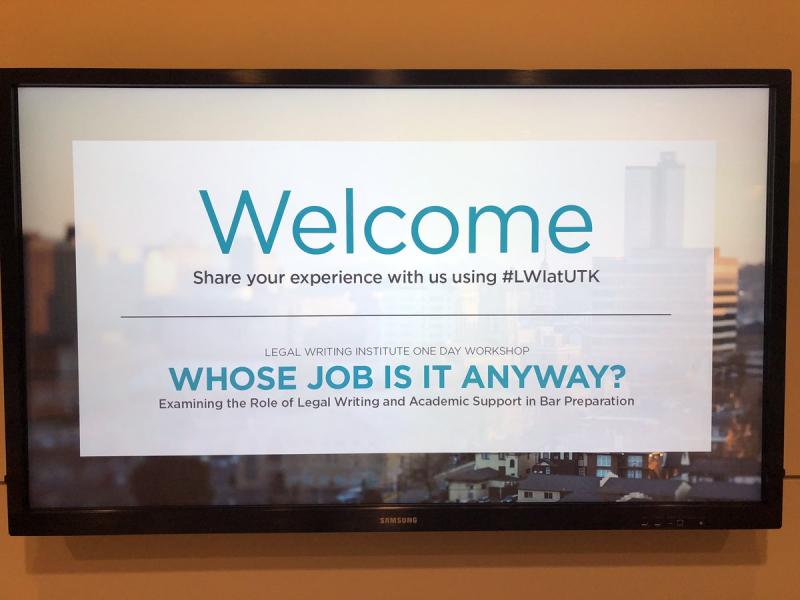
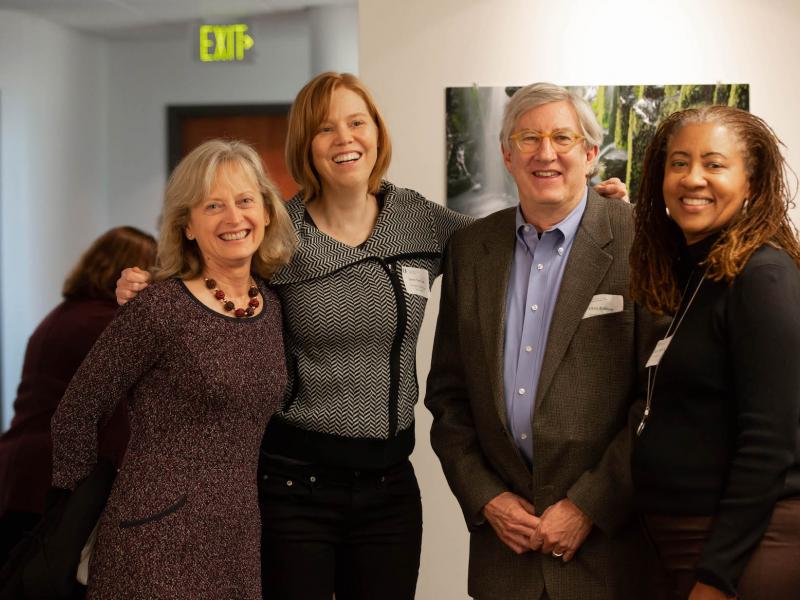
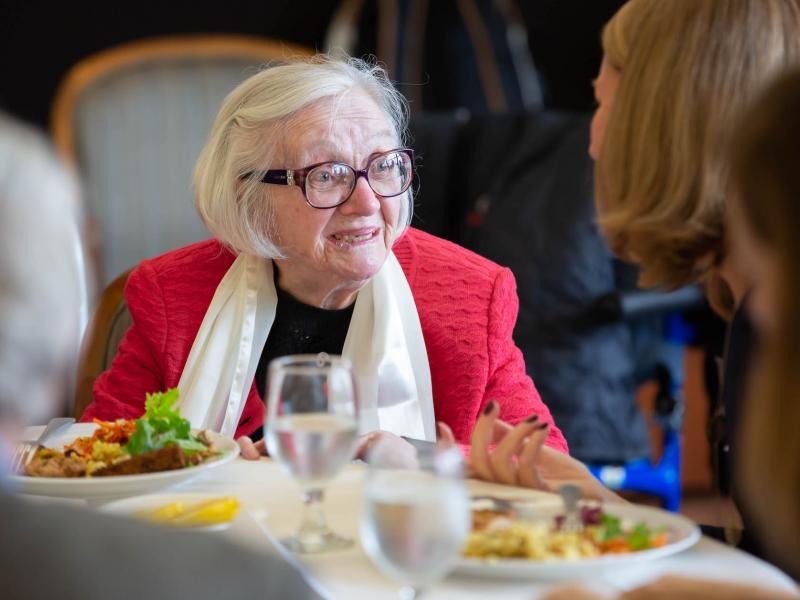
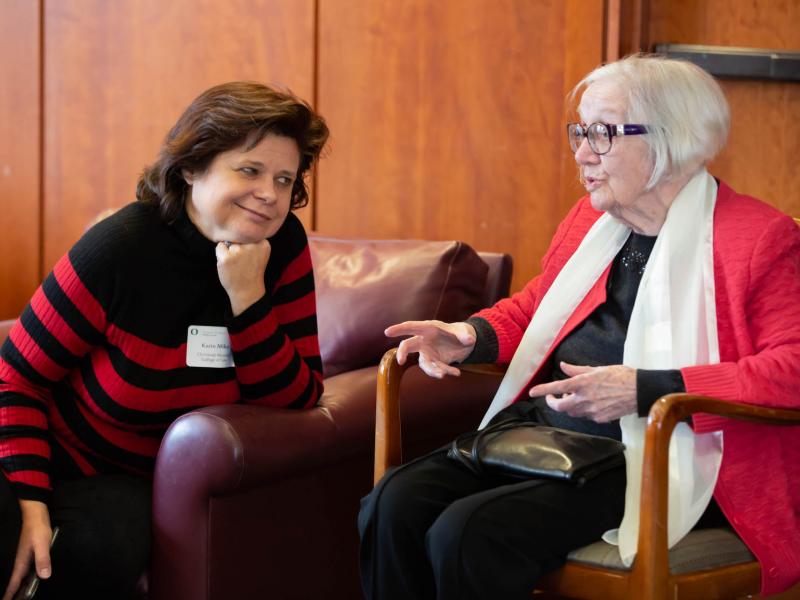
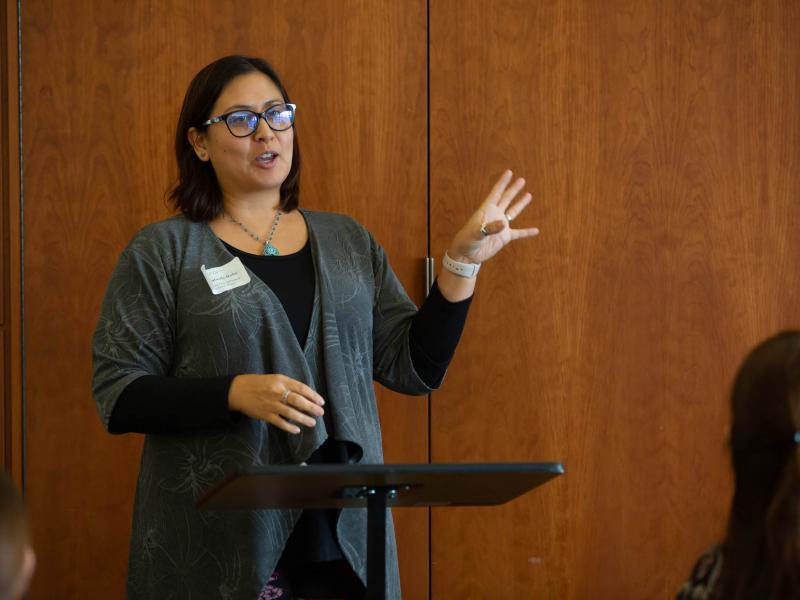
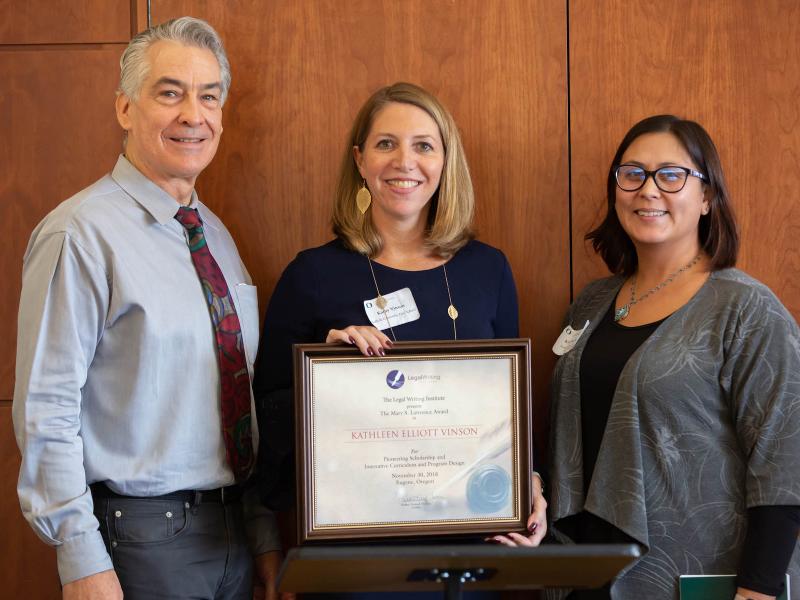
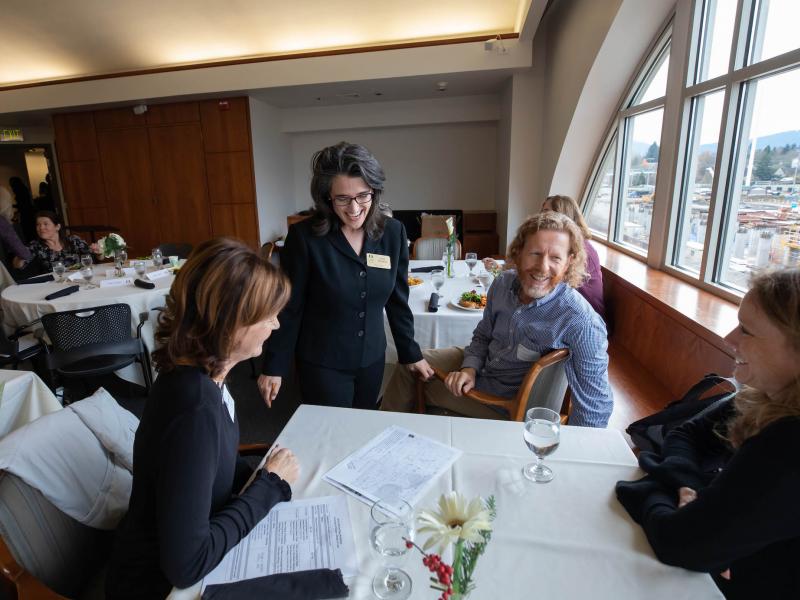
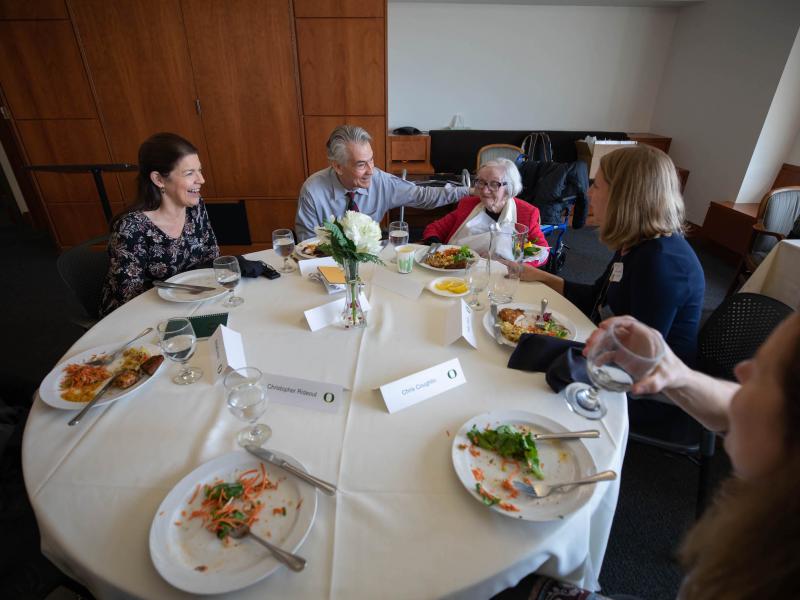
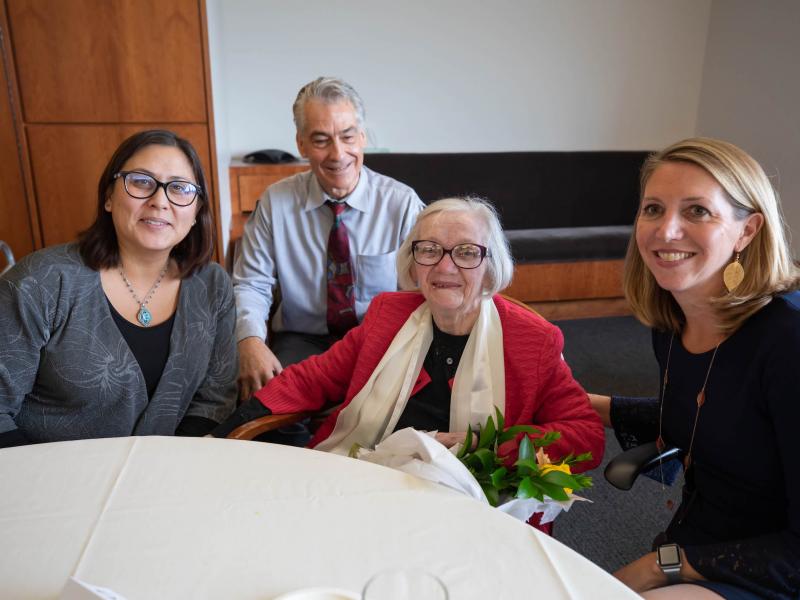
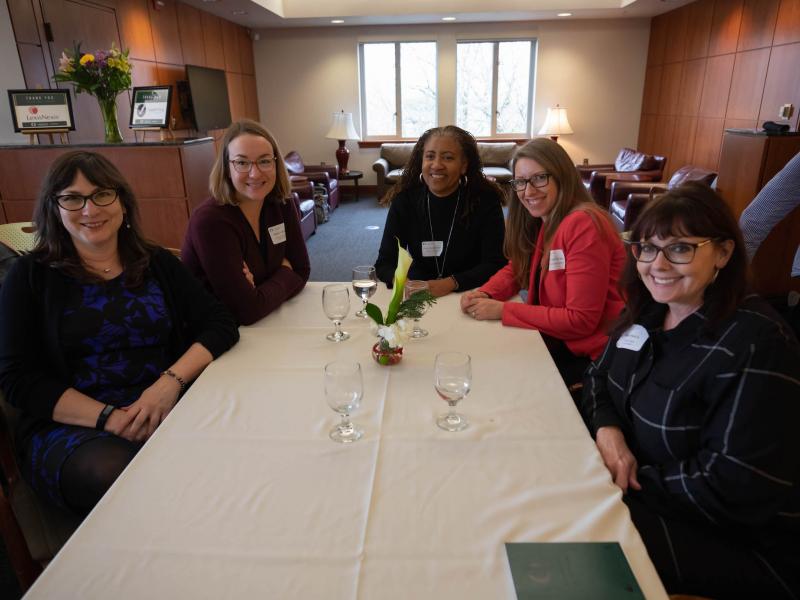
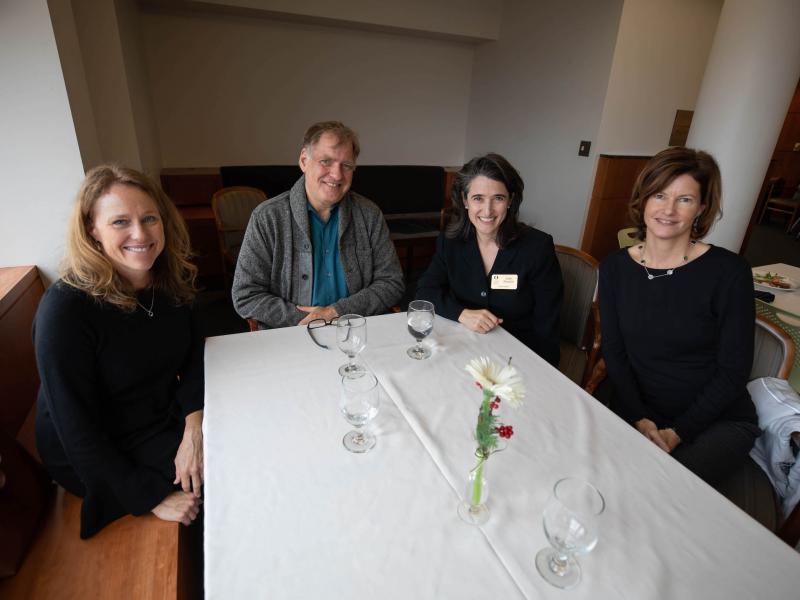
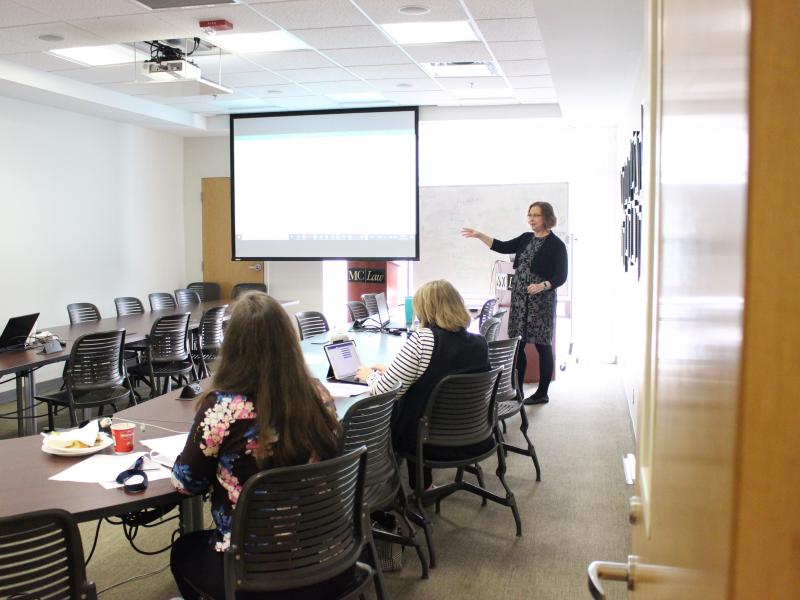
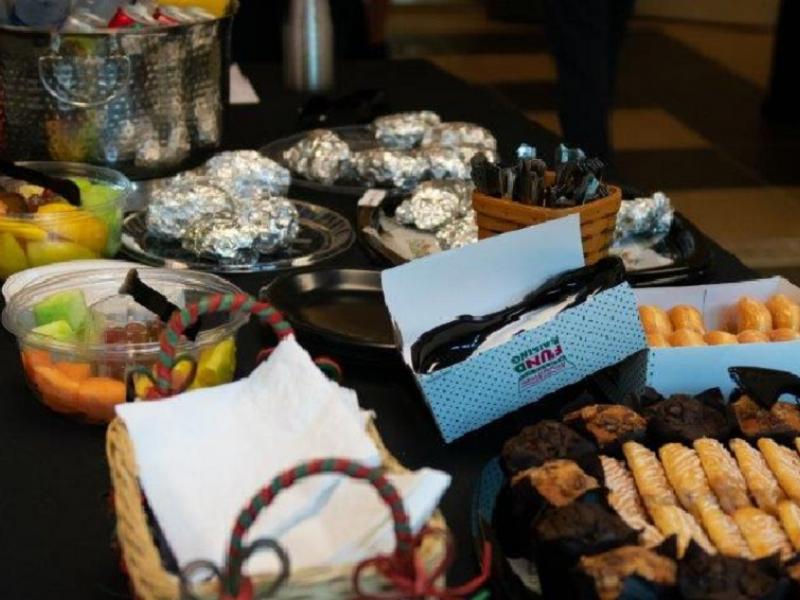
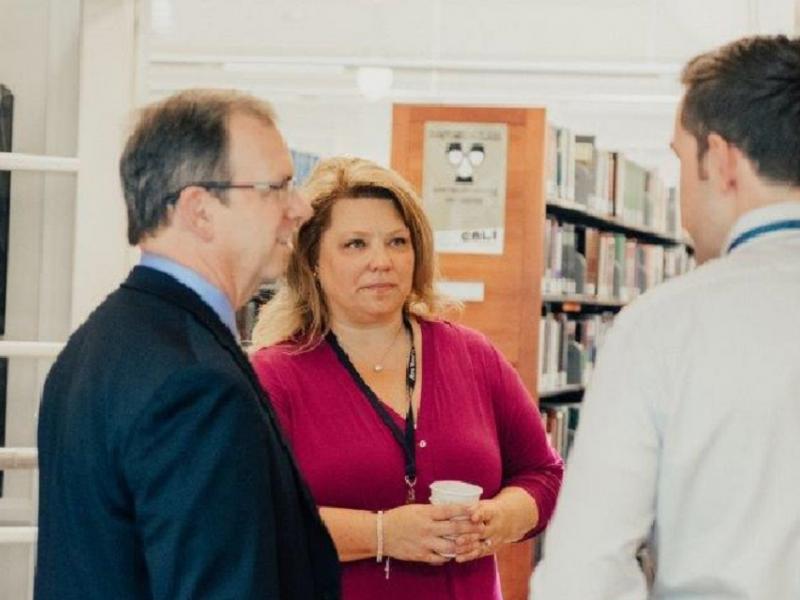
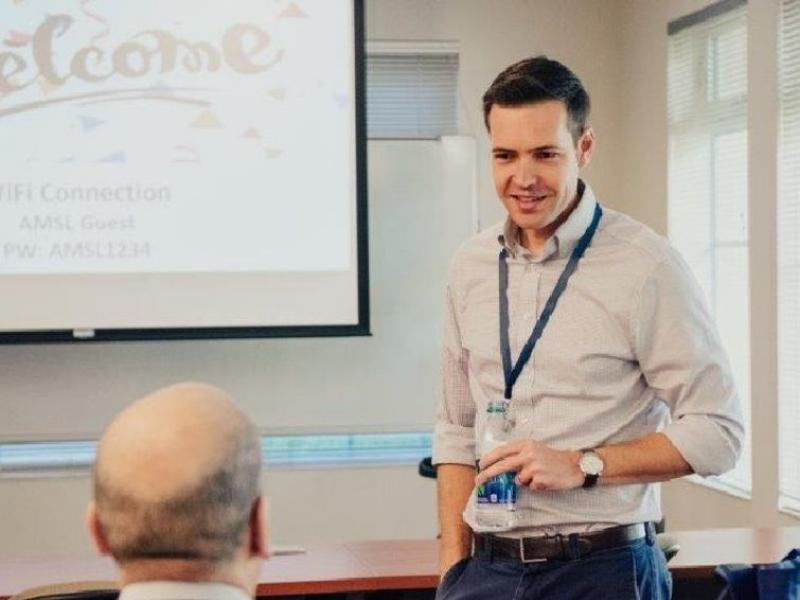
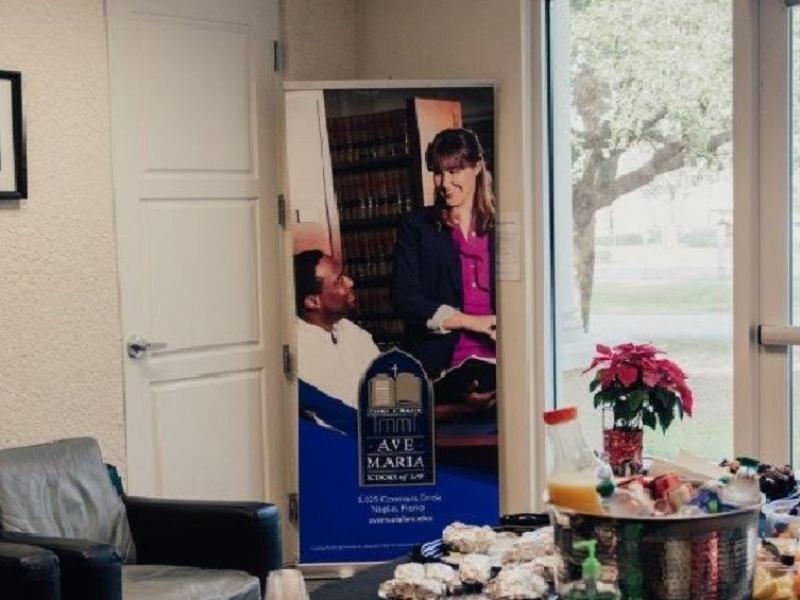
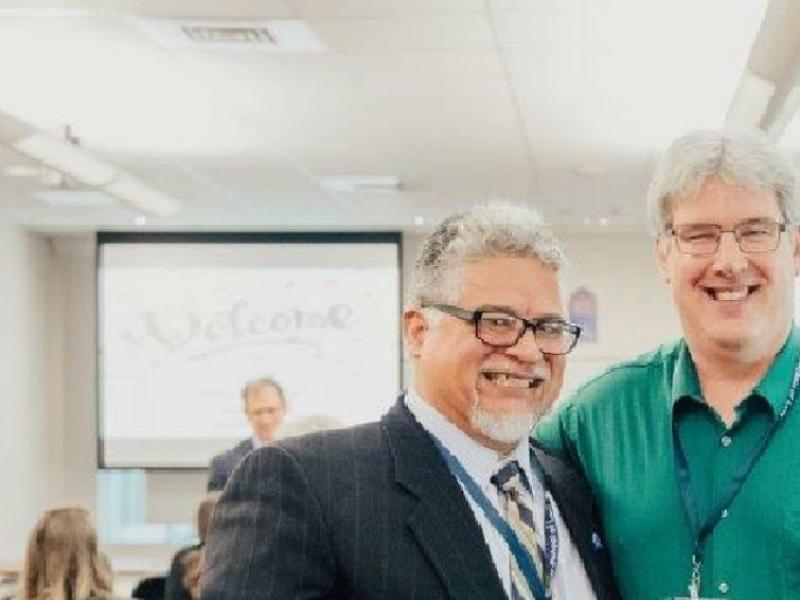
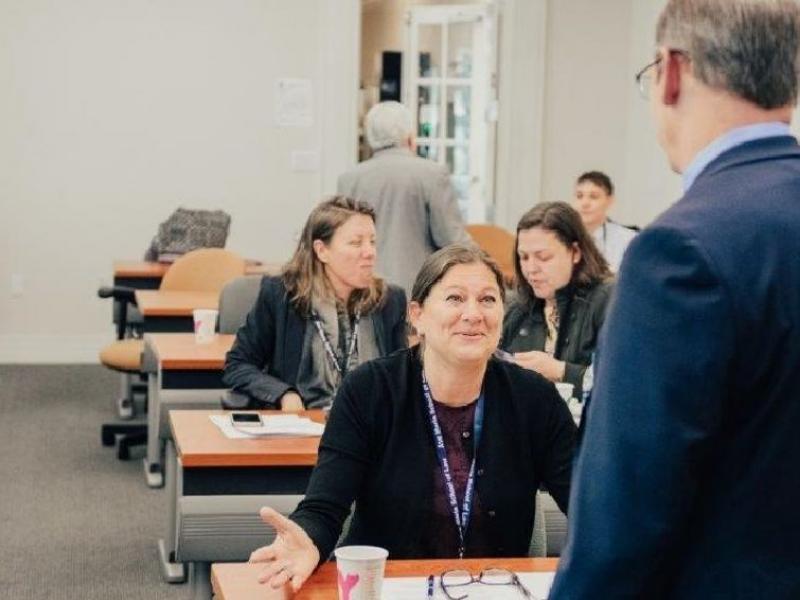
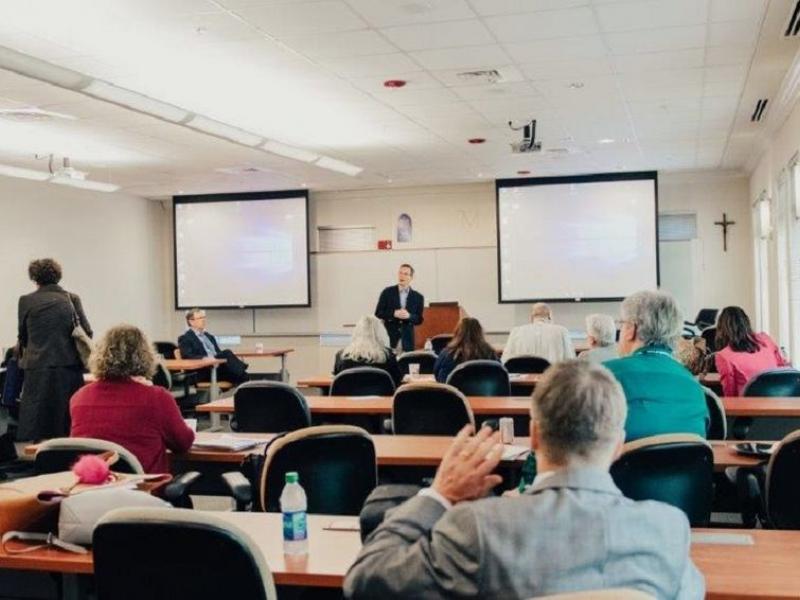
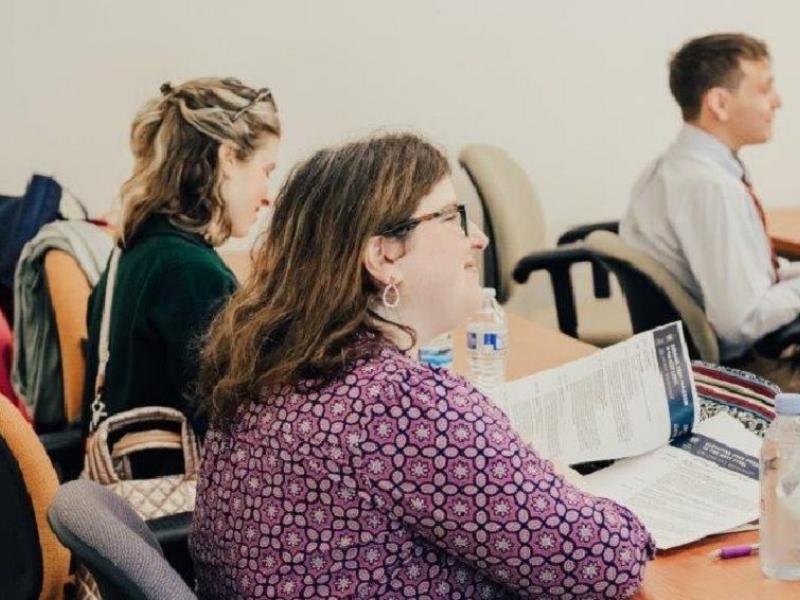
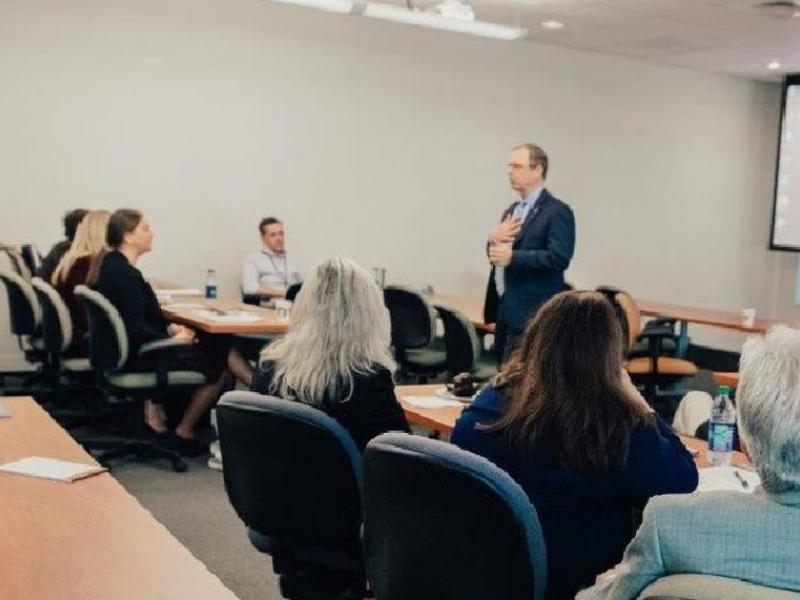
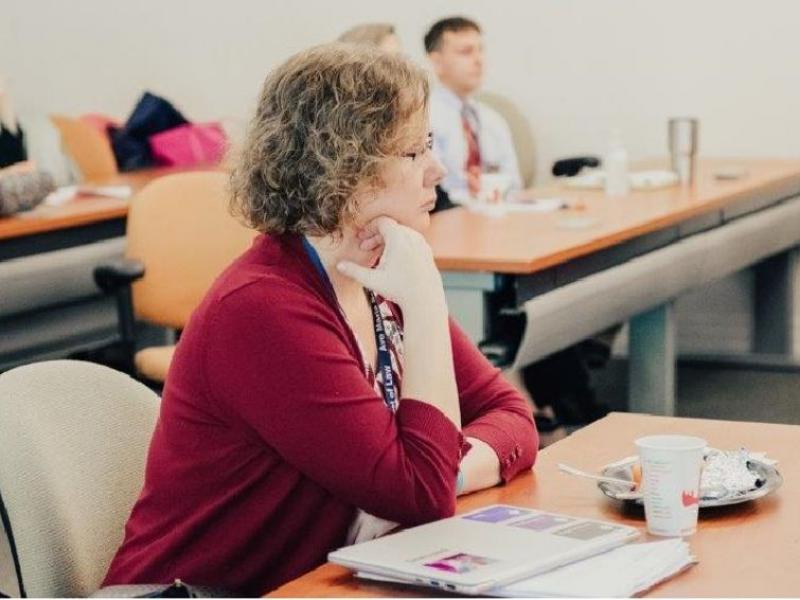
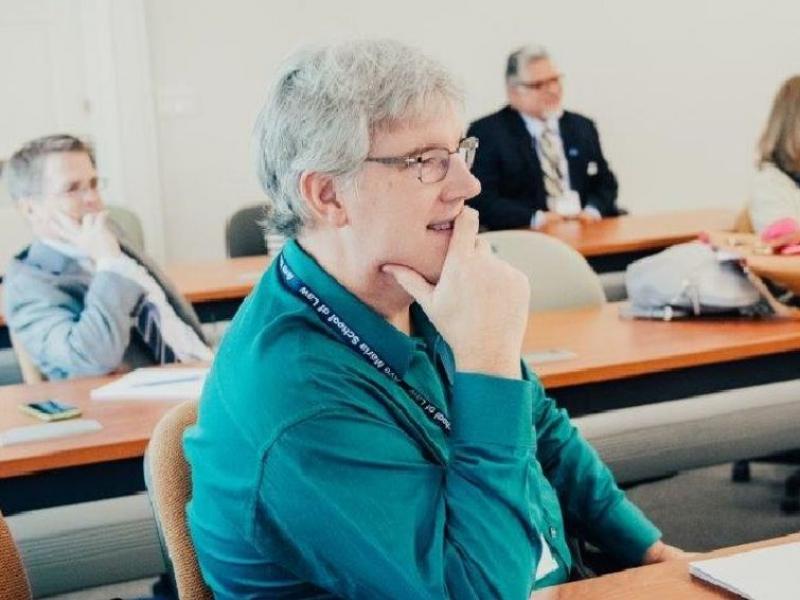
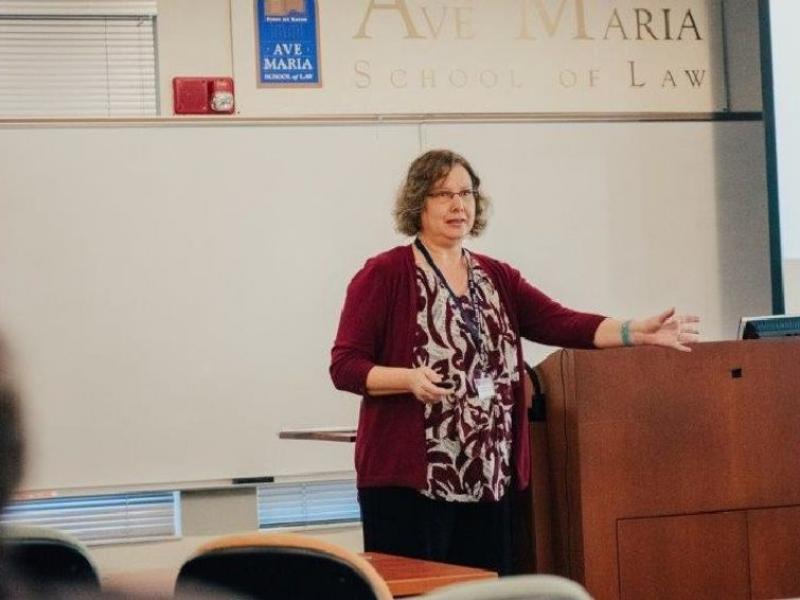
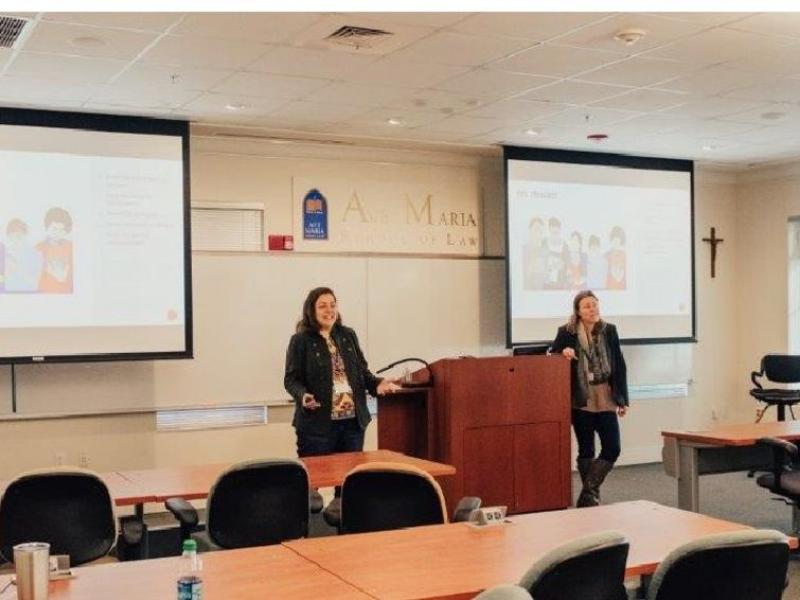
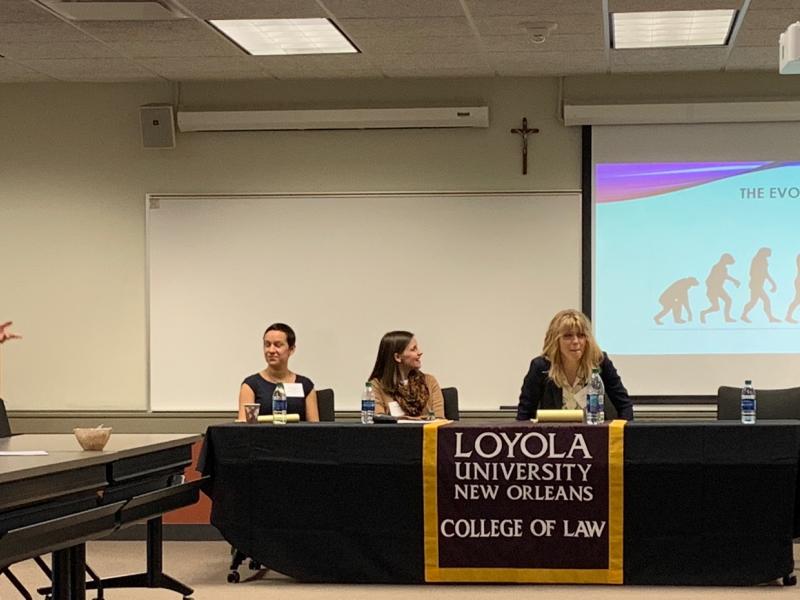
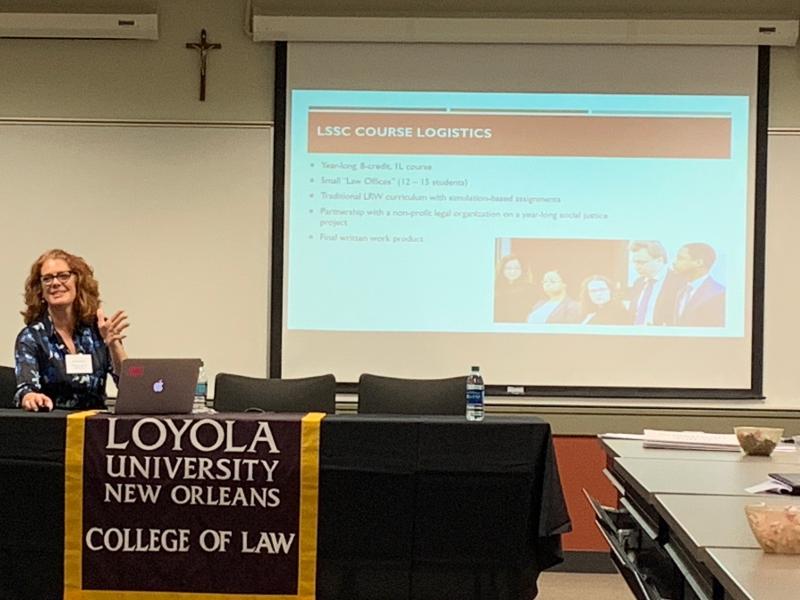
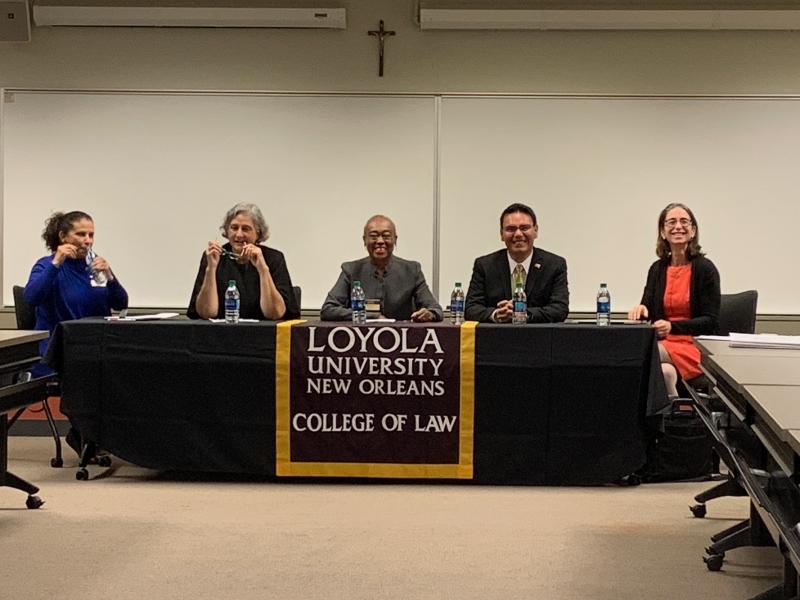
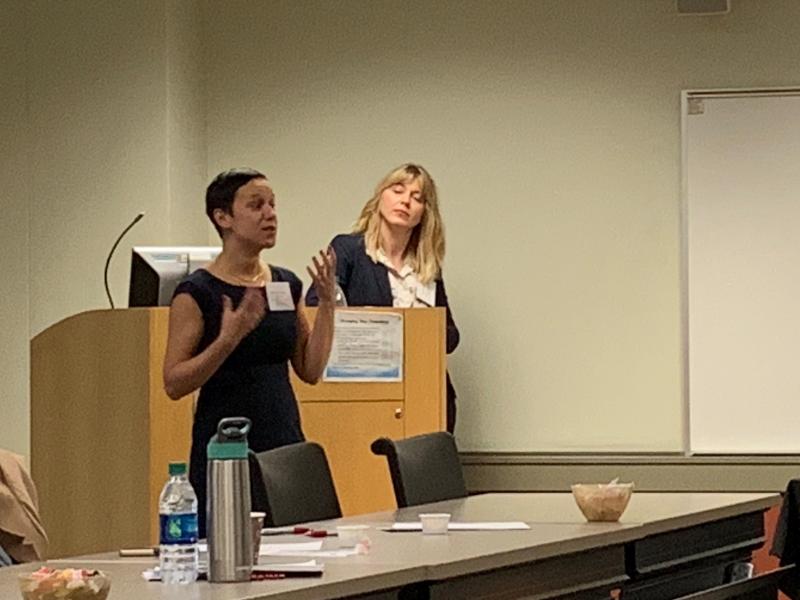
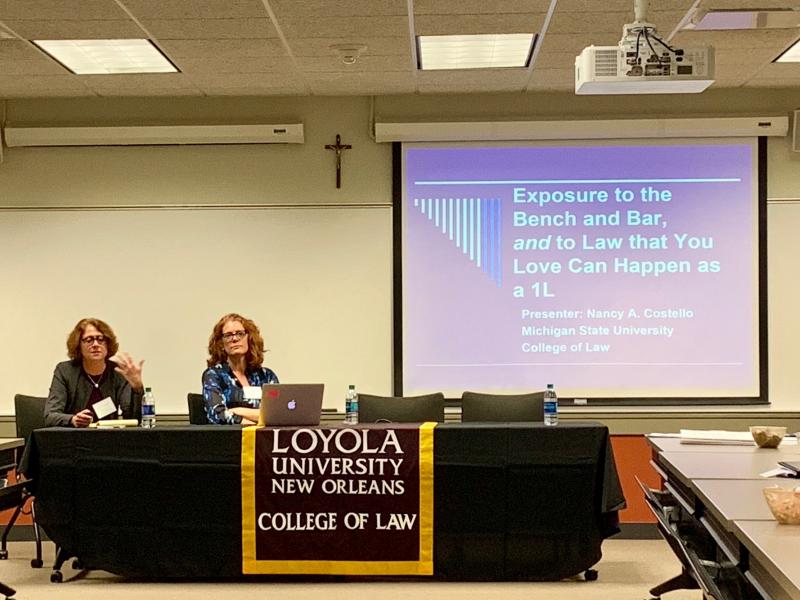
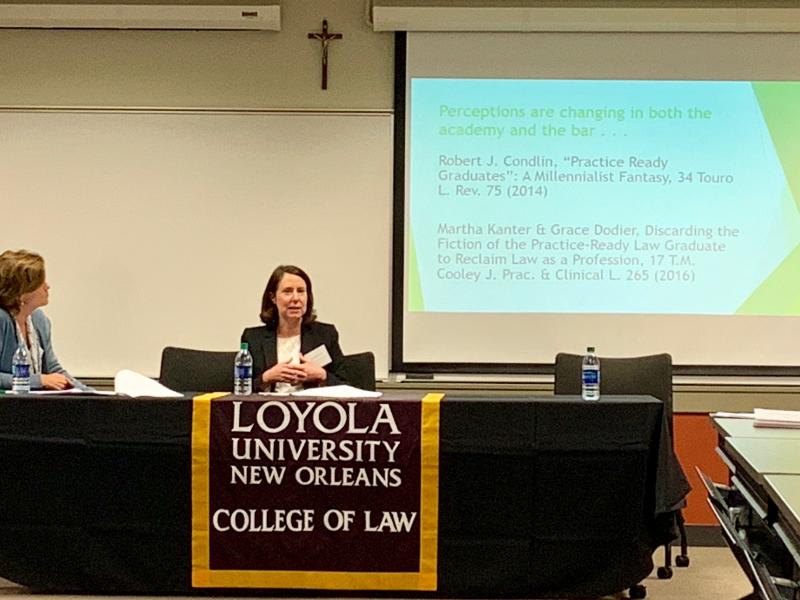
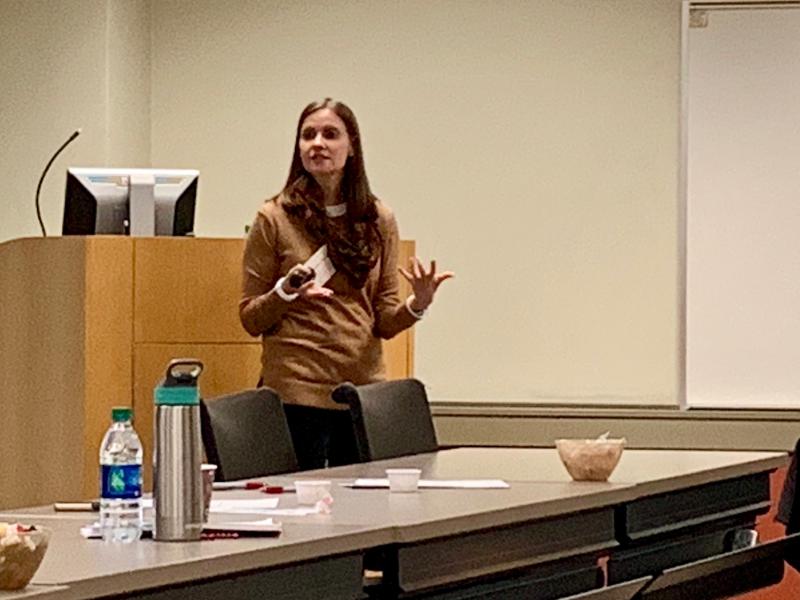
-
Regional
13Mar2026The Rocky Mountain Regional Legal Writing Conference began in 2000 at University of Arizona Law as the brainchild of ProfessorUniversity of Arizona, James E. Rogers College of Law -
Regional
10Apr2026Conference Overview Bridging the Classroom–Practice Gap This year’s conference centers on the theme Bridging the Classroom–Practice Gap, with a focusSouth Texas College of Law Houston -
Regional
28May2026May 28–29, 2026 Hosted by University of Baltimore School of Law The Capital Area Legal Writing Conference returns in 2026University of Baltimore School of Law -
Biennial Conference
15Jul2026Join us for 22nd Legal Writing Institute Conference at the University of Minnesota in Minneapolis from July 15–18, 2026. RegistrationUniversity of Minnesota in Minneapolis
